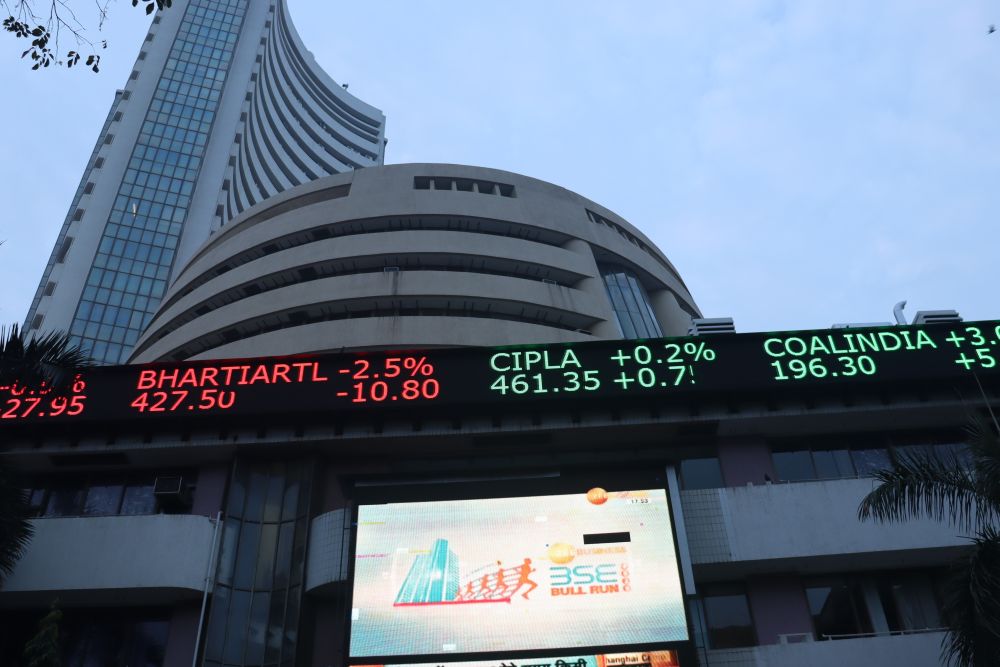This year might not have felt like a bad year until October started; but in fact, it was one of the worse since 1901 if you look at percentage of assets with negative total returns. According to Deutsche Bank Research, this amounted to 89% of assets in 2018, up from a mere 1% in 2017 – which was the best year since 1901. Against a backdrop of trade wars, uncertainty over Fed rate hikes and general market volatility, investors certainly have cause to feel challenged, especially as the conditions of 2018 are unlikely to get much better going into 2019.
This is one of the longest economic cycles we have ever seen. The US for example is still in the late cycle but not yet in recession according to our analysis. This inevitably raises some concerns around durability and sustainability of this expansion. However, despite this, we are not in an environment like 2001 when the tech bubble burst or 2008 with the global financial crisis as it is hard to point to any financial exuberance like the ones seen at those times. Recession is not imminent and economic growth is unlikely to go into free fall in 2019. Global manufacturing PMIs still signalling expansion levels across the board are also supporting economic growth and are fending off concerns of a recession.
Instead, economic growth is moderating and might continue to outperform the markets the way we have seen this year: we are expecting the economic path to be relatively more resilient than the stock markets. For now, we remain defensively positioned by playing defence with a larger allocation to cash and bonds relative to stocks. However, given the recent market dislocations in the last quarter of 2018, this creates opportunities to play offense in some sectors. This is especially the case for emerging markets, which are due to recover from this year's low base and are poised to be more stable than developed markets.
The selloff in emerging markets in 2018 was overdone due to the US dollar strength, trade uncertainties and country specific risks, creating compelling valuations for long-term investors in emerging market equities. Consequently, we have added to our overweight to this sector. Meanwhile, emerging market dollar sovereigns offer attractive yields relative to fundamentals.
With an expected annual growth of 6%, China will by no means experience a "hard landing". While its old economy will continue to be roiled by global trade wars and global economic conditions, the new economy – which is driving significant growth in the country – is relatively stable. Stable fixed asset investment accompanied with a credit impulse could improve sentiment in the country and potentially lead to a rebound in equity prices given very attractive valuations in the country – particularly as some names in China have been priced for disaster due to the trade uncertainties and a changing regulatory environment. These factors could create a catalyst for better performance in the first half of next year.
2019 is not without risks. The strong earnings seen across the globe, especially in the US with 20%+ growth in Q3 2018, will not be repeated next year, with earnings growth likely to fall to the single digits next year. Falling liquidity on the back of central bank tightening also raises concerns about the durability of the current cycle. If US unemployment continues to get better, the risk is that the Fed could hike rates higher and quicker than the market's expectation.
However, likewise there is the potential for a positive surprise if the Fed needs to slow the pace of hikes in response to stable inflation and tightening of credit conditions. Overheating, falling liquidity, as well as political turmoil from trade wars, Brexit and developments in Europe thus are key risks worth monitoring. With the upswing in volatility, a defensively positioned asset allocation would be favoured at the start of 2019. But these risks also can generate potential opportunities for active investors to buy attractive assets at temporarily depressed prices.
By Thomas Poullaouec, head of multi-asset solutions APAC at T. Rowe Price









